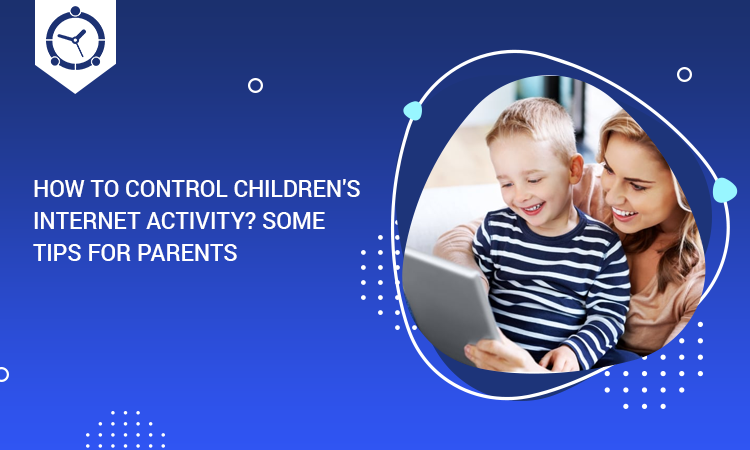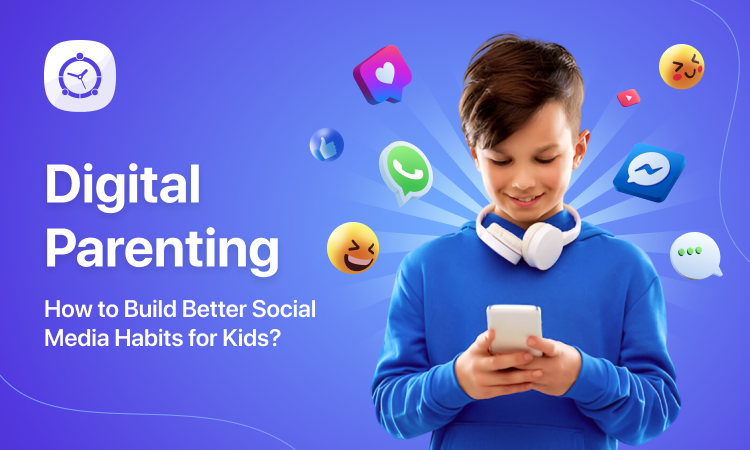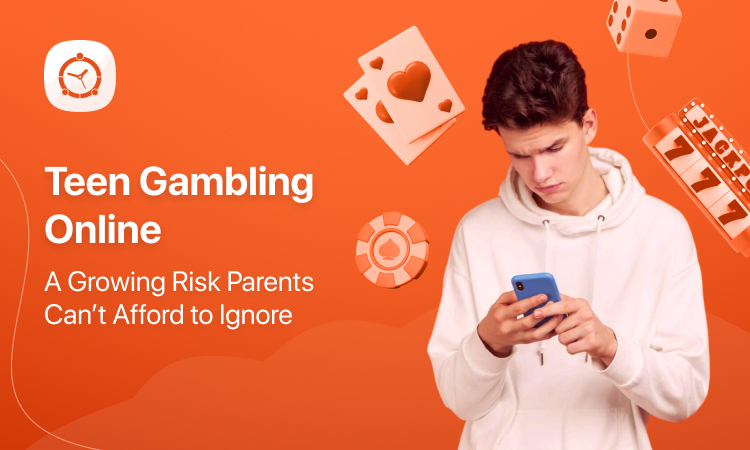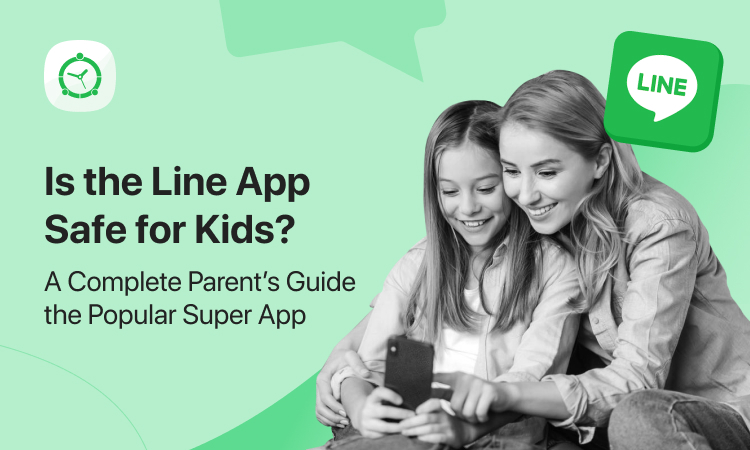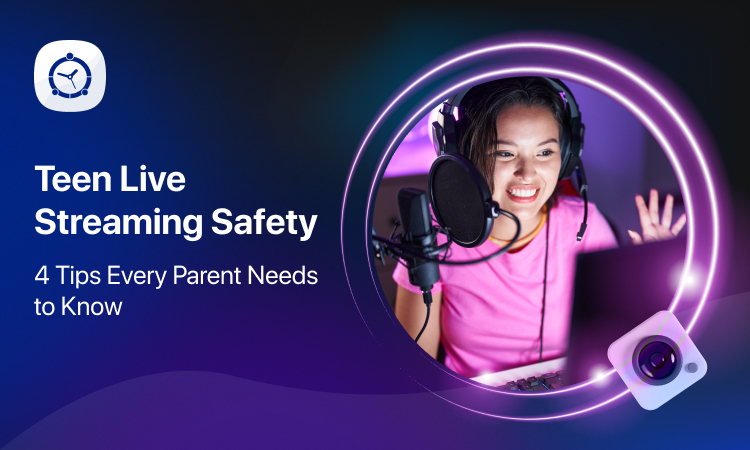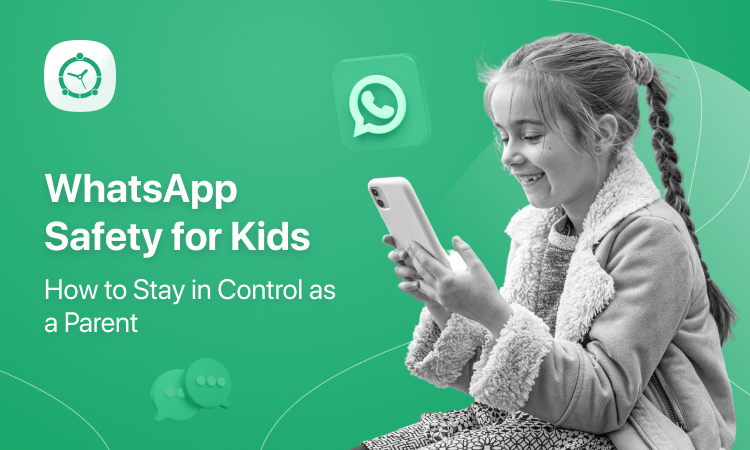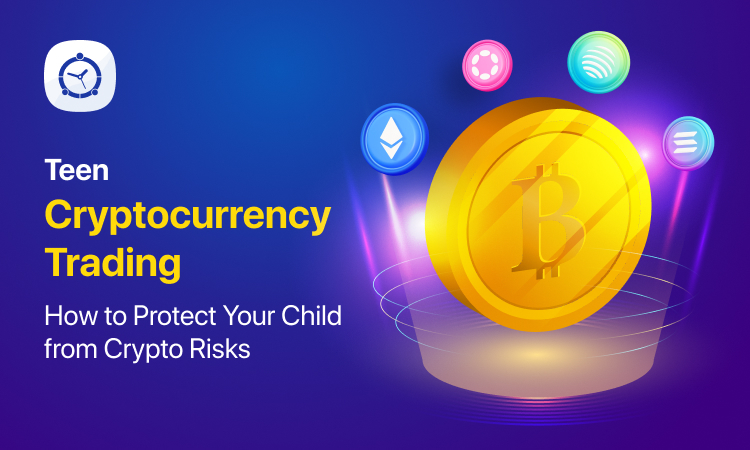The Internet is a real mine of not only knowledge, news and curiosities, but also harmful content. And who is more curious about the world than children? Parents, check what is worth doing to wisely control the activity of your children on the Internet – appeals the Ministry of Digitization.
Vacation – There’s no need to get up to school in the morning, and there’s a lot more time to surf the web. It’s great if our kids use the Internet to contact their friends and loved ones, develop their interests or look for new passions. However, it is no open secret that they can also find harmful content online.
Every parent is aware of the serious consequences for a child’s development when exposed to such materials – they evoke strong negative emotions, disturb the sense of security and may influence the formation of false beliefs and incorrect behavior.
Can parents do anything to prevent their child from doing so? They can. Answer: parental controls. What is it, and how to use it wisely?
First of all, when thinking about “parental control,” let’s not focus only on technical solutions that will help limit the time spent by children online or block unwanted, harmful content. Such solutions are very important, but they are only half of the success. The other half is accompanying the child while discovering the world of the Internet and talking about his experiences on the Internet.
First of all – let’s set the rules for using the Internet together with the child. Let’s adjust them to the age of the child.
Young children should only use the Internet under the supervision of adults. It is important that parents are careful about which sites their children can visit and that the child is exposed to positive and developing content. The time spent at the computer or tablet is equally important – 30 minutes is a really long time for a preschooler, and children up to two years old should not have contact with the screen at all.
Older children often use the Internet on their own – not only at home but also at school or at a friend’s. Therefore, it is important that the parent: talk to the child about how he/she spends time online and what happens to him/her there, teach limited trust in the content and people that the child encounters online, be sensitive to issues related to privacy protection (children should not be alone publish content on the Internet), watch over the contacts that children can make using, for example, instant messaging.
We should also remember to set a time limit for using the network.
For a parent of younger children, safety settings in devices used by the child will be an invaluable help. This solution allows you to create the so-called limited profile, which will facilitate the selection of content suitable for the youngest Internet users.
Parental control programs will give the parent the ability not only to filter the content but also to control the child’s time and activity online. To see how exactly can you help your kids, try the FamilyTime app for free and see what features do the app offers you. You can also read about FamilyTime’s features on this feature page link and can download the app from the app store on your phone.
However – for both young children and teenagers – the most important protection is the conviction that they can share with their parents a difficult, unpleasant experience that they have experienced online
Let’s create conditions in which kids will not be afraid to say that something has disturbed them – without the risk of being assessed or punished.

